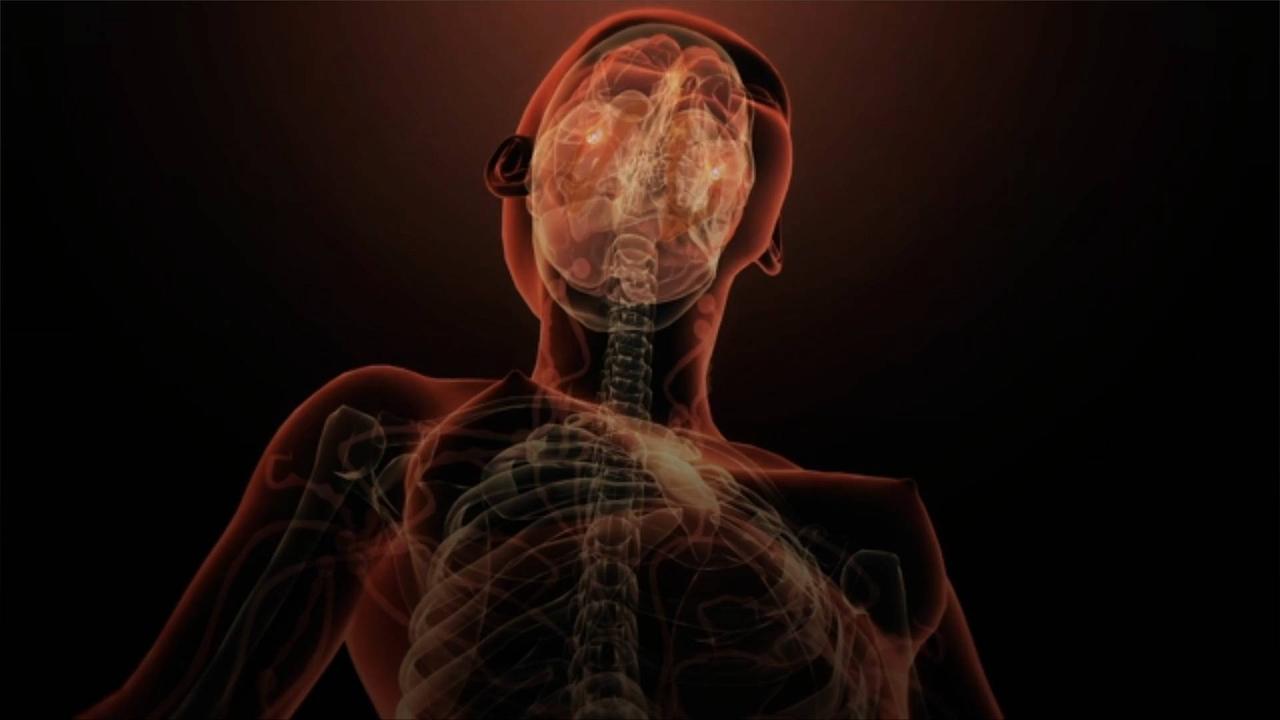Study Suggests Amygdala Response Can Predict Depression Treatment Outcomes

Study Suggests Amygdala Response Can Predict Depression Treatment Outcomes
Study Suggests , Amygdala Response , Can Predict Depression Treatment Outcomes.
'PsyPost' reports that a recent study found that people with major depressive disorder with lower amygdala activation are less likely to experience improvement.
.
'PsyPost' reports that a recent study found that people with major depressive disorder with lower amygdala activation are less likely to experience improvement.
.
The findings could help develop personalized treatment plans for people with depression by identifying patients who are less likely to respond to standard treatment.
The findings could help develop personalized treatment plans for people with depression by identifying patients who are less likely to respond to standard treatment.
The low success rate of initial treatment underscores the need for personalized treatment plans.
.
Recording functional MRI signal whilst seeing pictures of facial expressions of emotions has been used widely to detect an unconscious bias towards negative versus positive emotional stimuli in anxious individuals with and without depression, Roland Zahn, senior author and a professor of mood disorders and cognitive neuroscience at King’s College London, via 'PsyPost'.
According to the results, a person's lower bilateral amygdala activation in response to seeing sad versus happy faces predicted poorer clinical outcomes.
After four moths of standard treatment, participants with a weaker amygdala response to seeing happy faces were less likely to see improvement.
After four moths of standard treatment, participants with a weaker amygdala response to seeing happy faces were less likely to see improvement.
'PsyPost' reports that the findings suggest that the brain's ability to process positive emotions may play a critical role in recovery outcomes for patients with depression.
We confirmed our prediction based on previous research that people with a weaker amygdala response to positive relative to negative facial expressions were less likely to improve their depressive symptoms after four months, Roland Zahn, senior author and a professor of mood disorders and cognitive neuroscience at King’s College London, via 'PsyPost'.
The team behind the study suggests treatments be developed that enhance the brain's natural response to positive stimuli.
.
The findings were detailed in a study published in the journal 'Psychological Medicine.'
